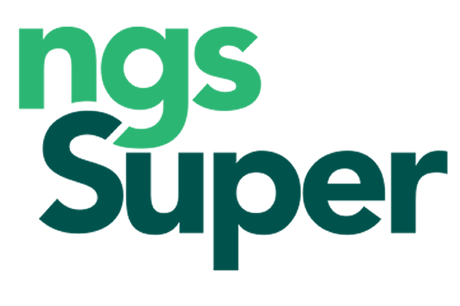
From 1 July this year, the Superannuation Guarantee (SG) contribution will increase to 11 per cent from the current 10.5 per cent of ordinary time earnings. This represents a significant improvement on the rocky road to lift the SG to 12 per cent as envisioned by Paul Keating when compulsory superannuation was introduced in 1992.
NGS members were fortunate as the Fund was established in NSW four years prior to the beginning of universal compulsory super and it started on 1 July, 1988, thanks to the work of the IEU, the Association of Independent Schools and the Catholic employers.
At this commencement date (1988), the employers in the NSW non-government school sector were obliged to pay three per cent into the newly established education industry fund, NGS Super (originally named Non-Government Schools Superannuation Fund). Once super became compulsory, staged increases occurred gradually, but the boomer generation had only a partial superannuation benefit up to the roadblock on any increases set up by the Abbott government.
The bogus argument presented at this time was that employers could not afford to pay any SG increases so the rate was frozen and the timing of any future increases was in doubt. So much for a fair go! Thank you to those government officials who opposed further increases from those of us who missed out on the “legislated” SG increases!
So 1 July, 2023 will be an important date and there will be two more steps to increase the employer contribution until the magic 12 per cent is reached. In the overall scheme of super, the 12 per cent for an entire working life is thought to be enough to provide workers with a dignified retirement which, after all, is the aim of superannuation.
Other changes which members should be aware of include the removal of the ‘work test’ which means that persons who are no longer employed can now make personal contributions to super up to age 75 provided those contributions are within the contribution caps. After age 75 (in reality, after the 28th day of the month following a person’s 75th birthday), no personal superannuation contributions can be accepted.
Another change as advised by the ATO is an increase to the transfer balance cap from the current $1.7M to $1.9M for transfers from the accumulation phase to the retirement phase (income streams/allocated pensions).
During my 20 plus years of working in superannuation, I have seen many legislative changes – some good, some not so good. And now with the government moving to define the objective of super it is certainly a welcome reform. The original intent was to provide workers and their dependants with an adequate (dignified) retirement, not to build obscene levels of wealth for the purpose of inheritance as some superannuation arrangements – particularly SMSFs – do. So the proposed changes to the taxation of earnings on high balance super accounts will be a welcome improvement and a good first step.
And while visiting schools and workplaces and speaking to teachers, support staff and all members, the most common question I was asked was “Should I put extra into super, or pay off my mortgage?”. Of course, there is no simple answer to this question as everyone’s financial situation is different and both goals are excellent. My advice was always to speak to a licensed financial planner to advise on the balance between super and mortgage payments. I do remember some unsolicited advice I received from a work colleague as a young teacher – “Just get it in there and let the super work for you”. Sound advice, just as paying down a mortgage is sound advice.
Let’s see how the current round of reforms progress leading up to the 12 per cent SG. And let’s hope the overriding principle is: Fair go for both sides! No more roadblocks!



































































































































